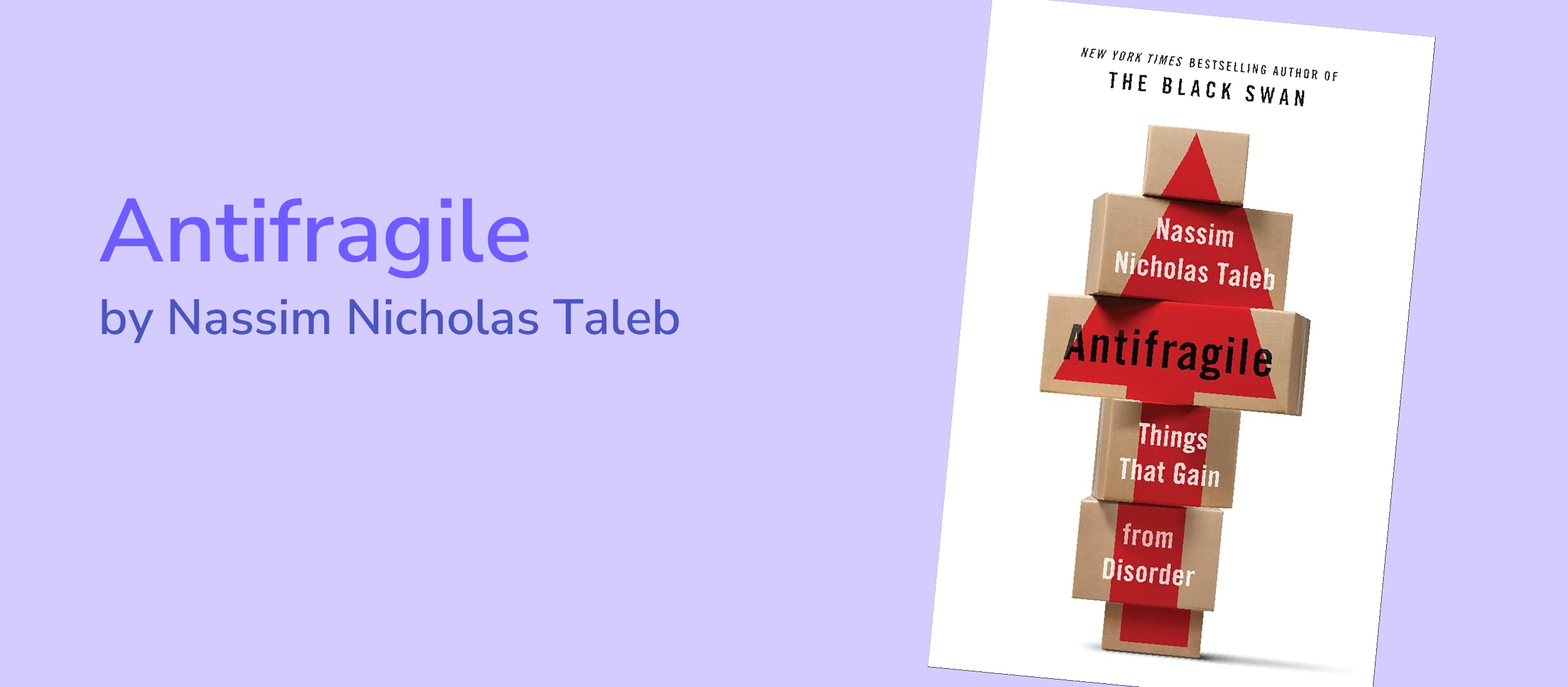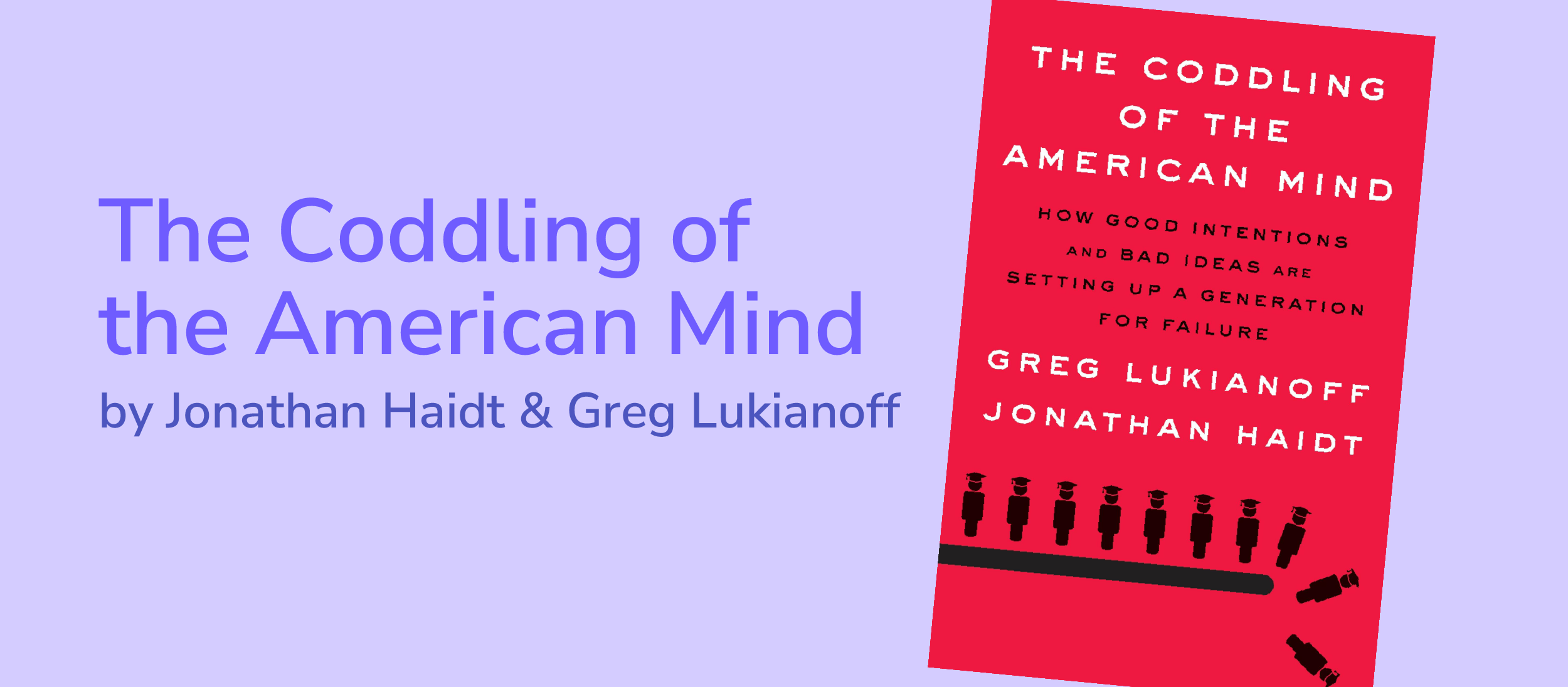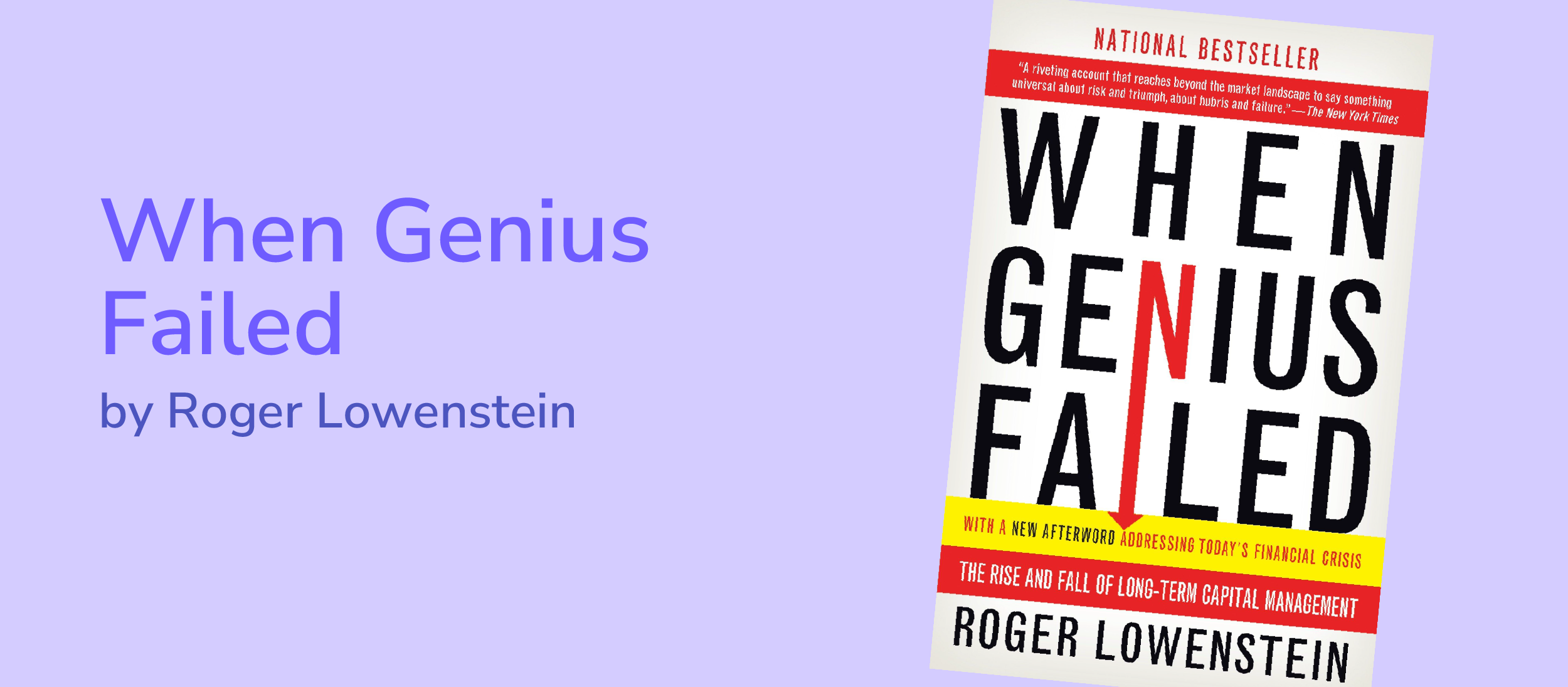At Pearl Health, we believe that great ideas don’t just come from strategy decks or sprint reviews — they come from conversations. That’s why we host a regular Lunch & Learn series, where team members across disciplines gather to hear from visionary thinkers, industry leaders, and entrepreneurs who challenge us to see the world differently.
These sessions are a core part of our culture — a reflection of our commitment to intellectual curiosity, cross-functional learning, and personal growth. Whether the topic is value-based care, technology, leadership, or life beyond work, each session gives us a chance to step outside our day-to-day and reconnect with why we do what we do.
In a recent Lunch & Learn, we had the privilege of welcoming Sid Sankaran, a seasoned executive and board leader whose career spans global finance, insurance, healthcare, and entrepreneurship. Visiting from Asia and joining us in our NYC office, Sid shared his unique perspective on risk, resilience, and reinvention — and reminded us that antifragility is not just a theory, but a practice that applies to companies, systems, and people alike.
Key Takeaways from Sid’s Talk
- Make Risk Management a Dialogue, Not a Report
Sid emphasized that effective risk management depends on open communication and a willingness to surface bad news early. Especially in fast-moving environments like startups, fostering transparency and skepticism — without cynicism — is essential to building resilient systems. - Prioritize Ruthlessly — Human Capital Is Finite
Innovation requires discipline. Sid encouraged teams to take “calculated bets,” warning against trying to do everything at once. Drawing on lessons from Blockbuster and his startup experience at Oscar Health, he emphasized the need to rank initiatives realistically and focus energy where it counts. - Align Incentives with Key Stakeholders
When working with clients or partners, understanding their cultural context and personal incentives can make or break a project. Sid encouraged Pearl team members to approach relationships with empathy and strategic curiosity. - Resilience > Fragility
Building on ideas from Antifragile by Nassim Taleb, Sid reminded us that systems — and people — grow stronger through volatility, assuming they are properly supported. Crises demand objectivity. Success demands urgency. Both require teams that trust and challenge one another. - Bring Your Whole Self to Work
Sid reflected on the personal costs of neglecting balance during high-pressure moments in his career. His takeaway: investing in your own well-being isn’t just good for you — it’s foundational to being an effective leader and builder.
Recommended Reading: Ideas That Informed the Conversation
- Barbell strategy: Combine extreme safety with calculated risk to stay protected while pursuing upside.
- Via negativa: Improvement often comes not from adding, but from subtracting — whether that’s cutting waste, eliminating fragility, or removing poor incentives.
- Optionality: Favor strategies that create asymmetric outcomes — where the potential gains far exceed the potential losses.
This book explores how well-intentioned efforts to protect people from discomfort can unintentionally make them more fragile. It underscores the value of exposure to challenge as a driver of growth.
Sid connected this to leadership and organizational culture — reminding us that learning to navigate tension and disagreement is essential to building antifragile teams.
A gripping cautionary tale about Long-Term Capital Management, a hedge fund led by Nobel laureates that collapsed in 1998. The story highlights the dangers of overconfidence in models, excessive leverage, and groupthink.
Sid drew parallels to the importance of skepticism and open communication in risk management — especially in fast-growing startups where assumptions can go unchecked and bad news can be slow to surface.
Together, these books underscored a unifying message: resilience isn’t something you’re born with — it’s something you build, as a person and as a company. And building it means embracing discomfort, learning from failure, and staying humble in the face of complexity.
A Note of Gratitude
We’re grateful to Sid for joining us in person during his brief return from Asia, and for modeling what it looks like to lead with humility, intellect, and care. His perspective was a timely reminder that at Pearl, resilience isn’t just something we help others build — it’s something we practice together.





